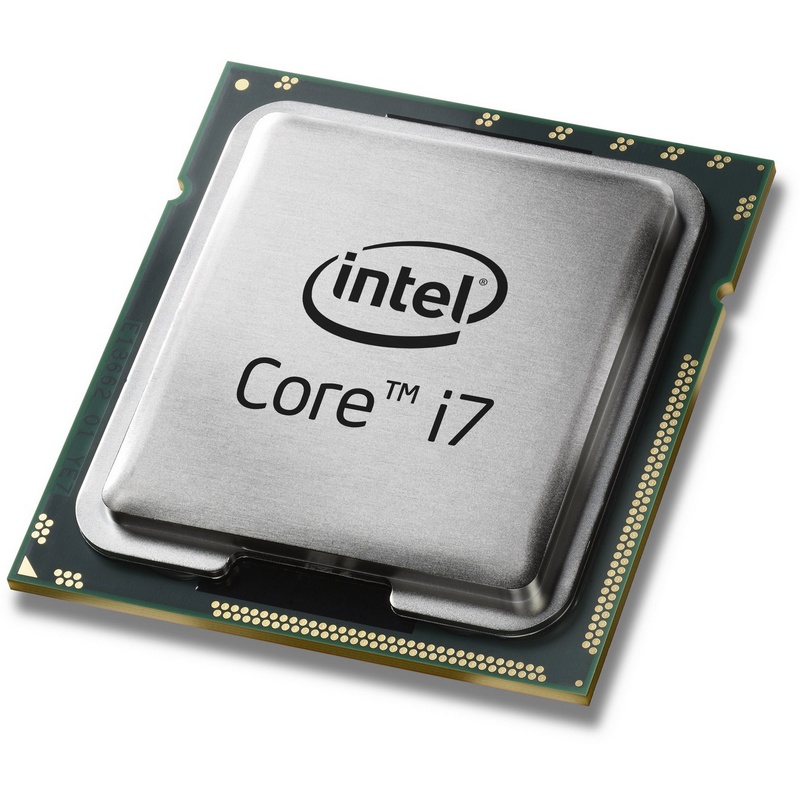Introduction:

Multi-Core-CPU’s are a major selling point for both PC and other devices ( tablets, mobile phones, etc).
Multi-Core-CPU’s:
- In the most obvious look of it, more cores suggests more power.
- But it’s not always how it works and to know why, we’ll have to firstly know what parallelization is.
- Parallelization: is splitting work program across multiple processing cores so that the computer could work one multiple parts of the same load at the same time effectively saving the overall time.
- Programs such as video editing applications can take advantage of multiple CPU cores. They require lots of math solving problems.
- GPU’s ( Graphics Processing Unit) are also designed based on the same parallelization concept since the same idea holds true for rendering 3D graphics in a game.
- However, the difference is huge between GPU’s and CPU’s. The GPU can only handle pushing frames to your monitor but other important aspects of games such as AI ( artificial intelligence) responding to inputs and telling the GPU what to render are all done by the CPU.
- GPU’s only excel in one thing only. However, CPU’s can do a whole lot of random stuff making each required in specific situations. CPU’s design is based on balancing all of the random operations ( playing media, Skype calls, movies, writing on MS Word, etc).
- GPU’s on the other hand, excel in just rendering graphics which involved millions of similar operations at the same time in parallel.
- Because of that, GPU’s can also be used in other operations other than just gaming.
- GPGPU: General Purpose Graphics Processing Unit.
- Those can be used in scientific researches which require running the same operations millions of times for accurate results. Something that GPU’s excel at.